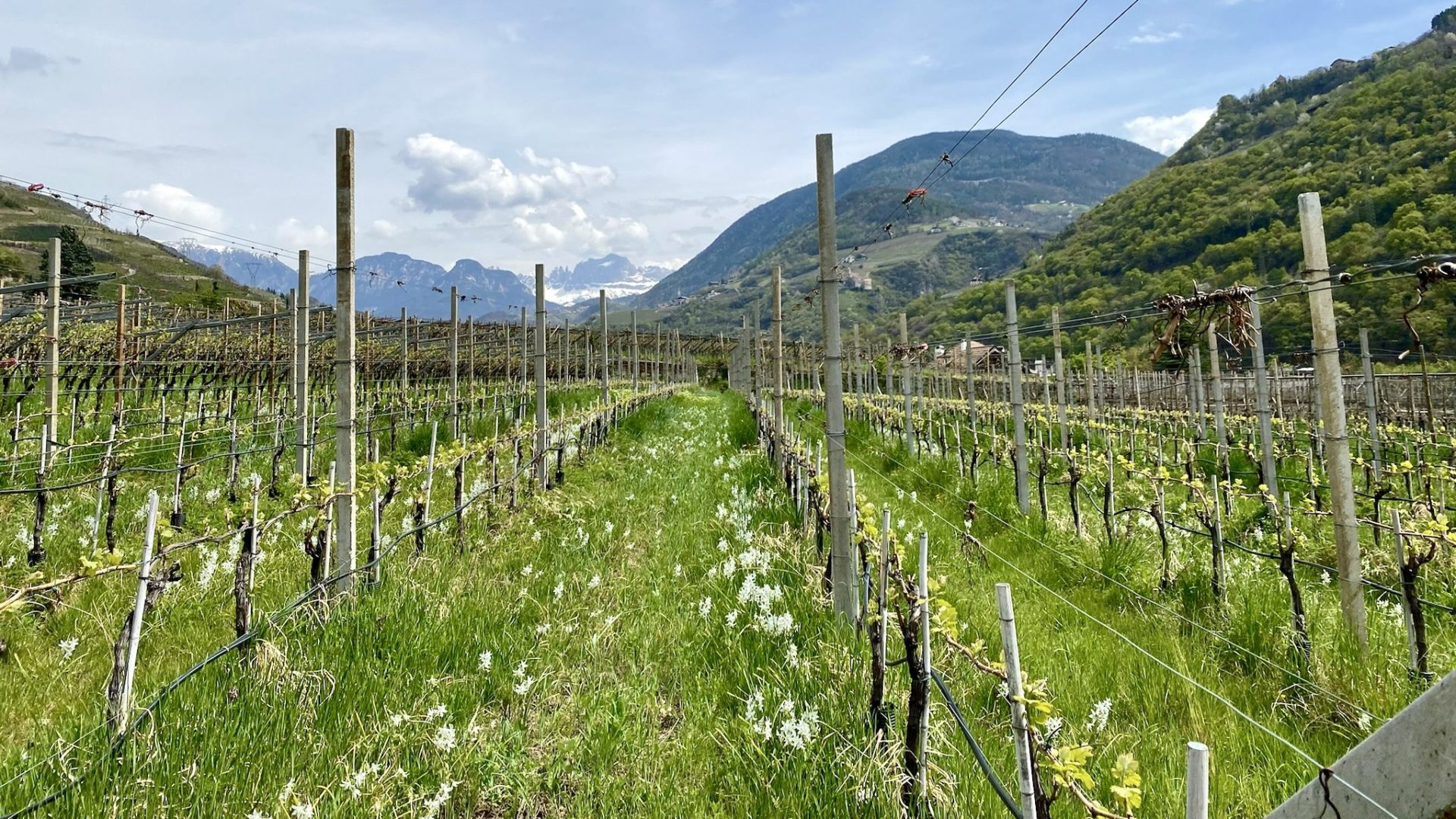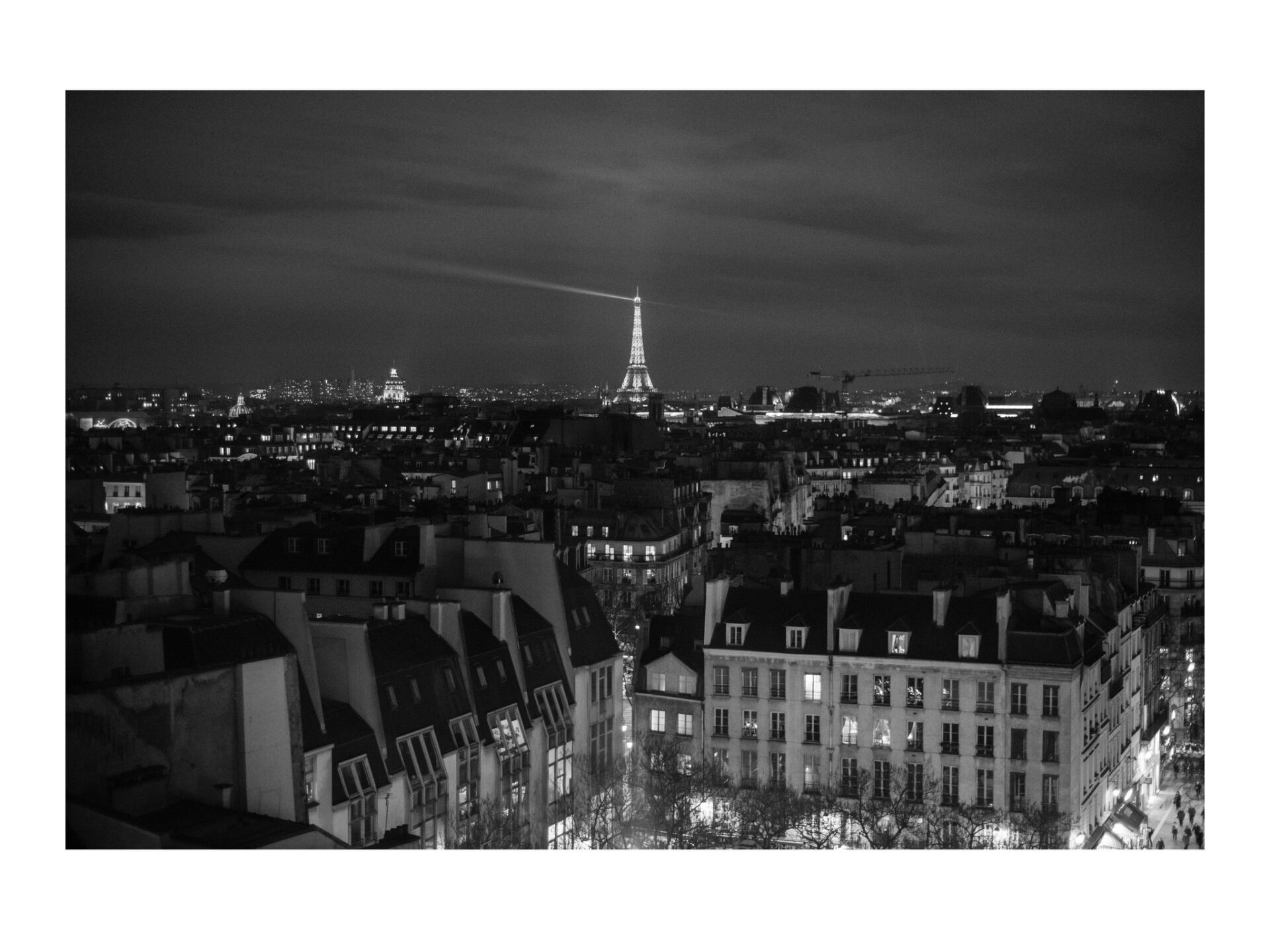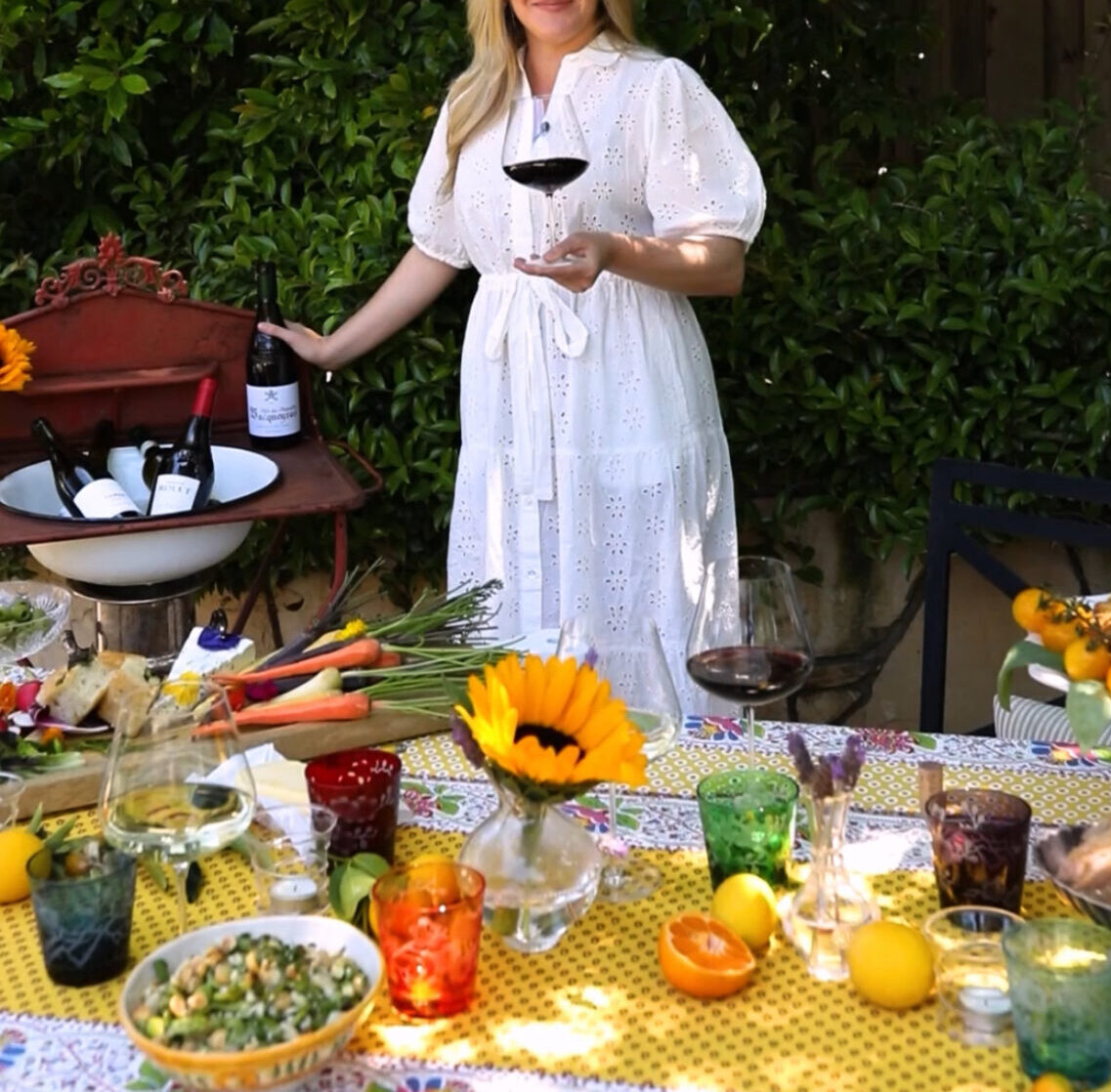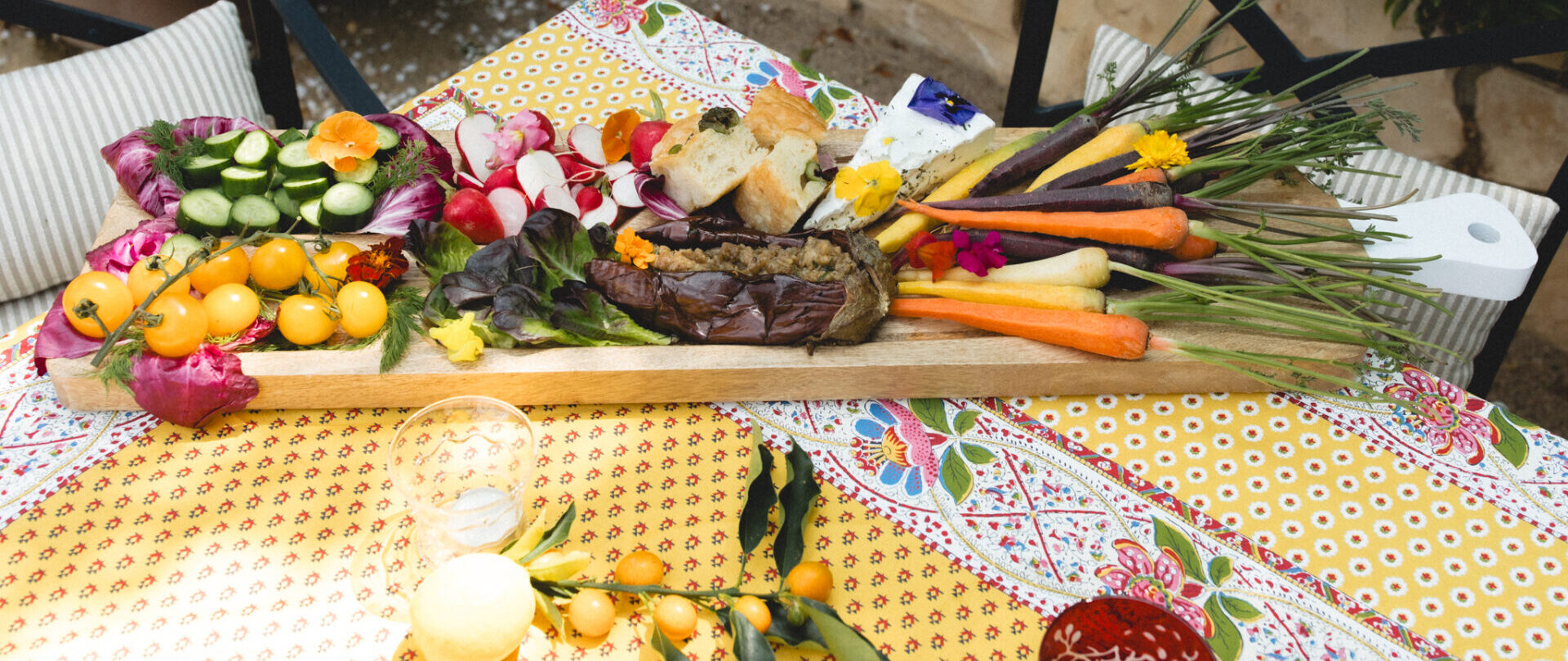The search for sustainability is an ongoing topic and point of conversation here at Argaux & Amliere. Sustainability doesn’t look the same across the world and our goal is to work with people that are doing what they can to find their answer of sustainability from production and distribution to business practices, fair wages and community growth. I recently spent some time researching the effects of climate change on the wine industry and long-term sustainability from agriculture to packaging to worldwide distribution. Below are a few highlights…
“Grapevines respond to differences in climate and weather perhaps more than any other fruit crop and the sugar levels in grapes at harvest are directly related to the quality of the site, all other things being equal.” In an attempt to reduce vulnerability, winemakers are seeking solutions to the global challenges they are facing including “long-term varietal suitability, water resource issues, and changes in ripening characteristics and wine styles.”
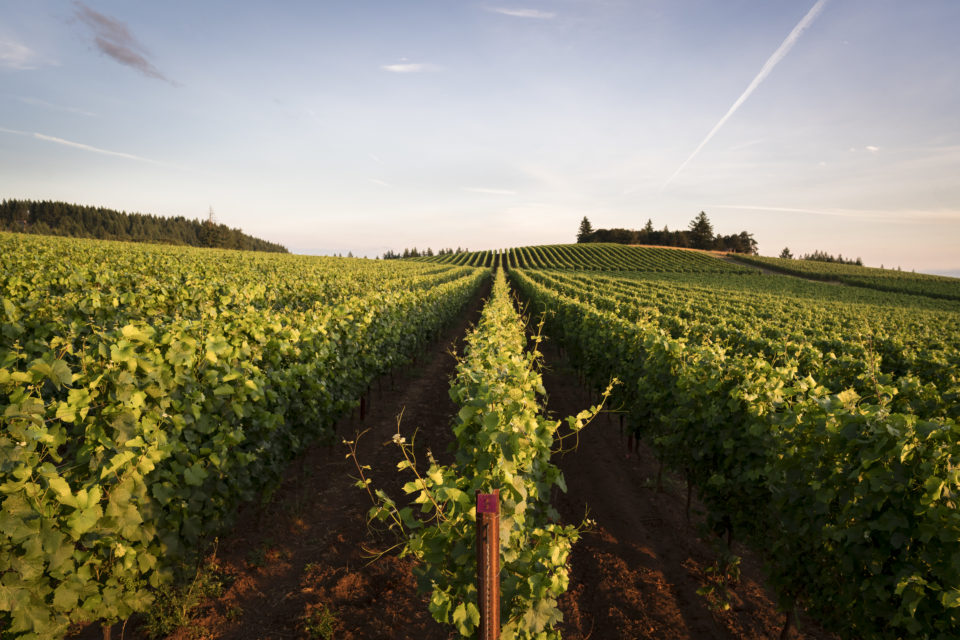 Day to Day Challenges and Adaptations
Day to Day Challenges and Adaptations
Grant Coulter, winemaker for Flaneur Winery, is all too familiar with these challenges and faces them on a day-to-day basis. Flaneur is a small, family-owned winery located in the Willamette Valley in Oregon. They focus on Chardonnay and Pinot Noir from vineyards that they farm organically without irrigation. During our interview, Grant mentioned that they have felt the effects of climate change at an accelerated pace the past couple of years. “Cooler years just aren’t happening as frequently, so we have started to change our farming methods as a result.” One method they have implemented in recent years is killing off rows of vines to preserve water for their strongest vines. As a dry farmer, they can’t rely on irrigation, and after years of water shortages, their vineyards simply do not get enough water to produce healthy vines. They have also had to start to minimize leaf removal, a practice they used to do religiously in the summer months “to open up the canopy, avoid disease pressure and encourage ripening. Now we are minimizing leaf removal for the fear of sunburn and to extend the ripening period,” explains Coulter. When discussing the questions of long-term adaptations, Grant noted that in the more immediate future his team has discussed picking earlier in order to attain their trademark style of higher acid, low-alcohol wine. However, Grant is aware of the shortcomings that accompany a short ripening period. Flavor loss and lack of complexity is a major concern. Another major concern is whether or not they are going to have to start irrigation in the next ten years. “If we don’t get this in check, are we going to have to start planting different varieties, and looking at different rootstock? Maybe vertical shoot positioning isn’t the best trellising system for us anymore.” Grant is fully aware of the moral implications of climate change. He has two kids and he wants to create a sustainable future for them, but he does not see a clear road to a fully sustainable industry. He feels as if he does his part, but he is also well aware that the wine industry at its core relies on petroleum and water. Without it he wouldn’t be able to get the winemaking tools he needs or get his wines to market.
 Our Single Bullet
Our Single Bullet
Nicole Rolet, owner and principal at Chene Bleu winery in the southern Rhone Valley, has a very different take on the issue. Nicole is a huge advocate of sustainability and regenerative agriculture. Chene Bleu has a partnership with the SMAEMV biologists of the UNESCO Mt Ventoux Biosphere, and Avignon University, which results in mutually beneficial scientific exchanges. She is also on the board of the AOC Ventoux, which has done several studies on the impact of climate change on the region and most recently she was asked to be on the board of The Porto Protocol Foundation, a non-profit “commited to make a greater contribution to mitigate climate change.” Given its location in the Southern Rhone Valley, Chene Bleu has not experienced the pinch of climate change quite as harshly as other regions in France. However, the winery practices organic and biodynamic farming methods to build up the immune system of their vineyard, so it has the strength to survive a change in environment from weather to unwanted pests and disease. They are also certified PEFC forest management partners, meaning that they work with the local authorities to reconcile farming and promote sustainable forest management practices. Nicole believes wholeheartedly that regenerative agriculture is the answer to solving climate change. Thinking about the big picture, Nicole explained that if we were to stop using cars, producing electricity, and eating meat, the best case scenario would be stopping the destruction that is currently happening. However, she believes that “agriculture is our single bullet.” She goes on to explain that “agriculture is the only human activity on the planet that will not only stop the destruction of climate change, it will actually reverse the damage because it has the capacity to suck existing carbon out of the atmosphere.” Agriculture needs to be a net absorber of carbon, not a net producer of carbon. She believes that our single priority should be to convert the planet to sustainable agriculture, “managing the water, air and soil in a thoughtful way. In theory, if everyone did that, we would be in a very good place.”
 Other than water and soil management, Chene Bleu is going one step further to combat climate change in the vineyard. They call it their SUSTAINA-BEE-LITY initiative. The idea is to harness the power of bees to make better wine. Nicole went on to explain that she believes people have an oversimplified view of vines as being self-pollinating. As a result, many people think that vineyards don’t have a use for bees, unlike other agricultural products. However, through their research they discovered that bees can help cross-pollinate vines, increase yields up to 30%, transport indigenous yeasts, provide popolis (a natural fungicide that can replace copper in the treatment of Downy mildew), and most importantly, transport cover crops which absorb carbon, increase water retention, help the vines grow resistant to diseases and pests, and increase good microorganisms in the soil. In turn, the microorganisms in the soil provide the vines with nutrients which translate to unique flavor components in the wine, giving it identity and a sense of place.
Other than water and soil management, Chene Bleu is going one step further to combat climate change in the vineyard. They call it their SUSTAINA-BEE-LITY initiative. The idea is to harness the power of bees to make better wine. Nicole went on to explain that she believes people have an oversimplified view of vines as being self-pollinating. As a result, many people think that vineyards don’t have a use for bees, unlike other agricultural products. However, through their research they discovered that bees can help cross-pollinate vines, increase yields up to 30%, transport indigenous yeasts, provide popolis (a natural fungicide that can replace copper in the treatment of Downy mildew), and most importantly, transport cover crops which absorb carbon, increase water retention, help the vines grow resistant to diseases and pests, and increase good microorganisms in the soil. In turn, the microorganisms in the soil provide the vines with nutrients which translate to unique flavor components in the wine, giving it identity and a sense of place.
Global Trade and Shipping Initiatives
According to Reuters, “with about 90% of world trade transported by sea, global shipping accounts for nearly 3% of the world’s CO2 emissions.” However, clean commercial transportation appears to be on the fastrack with big names, big money and government behind brands like Rivian, Flagship and the Green Shipping Program. In Europe, hydrogen cargo transport vessels developed by the European initiatives project, Flagship, will be operating on the river Seine by the end of 2021. Similarly, the Norwegian Green Shipping Program, “a public-private partnership for the development of environmentally advanced shipping projects,” released a handbook for hydrogen fueled vessels this year and is working on multiple projects to get zero-emissions cargo ships on the water by 2024. Rivian, on the other hand, is an electric vehicle startup based in California backed by big companies like Ford and Amazon. This year, Amazon released its first wave of Rivian electric delivery vehicles and they have “ordered 100,000 electric vans from Rivian through 2024.” This will make them one step closer to their goal of being net carbon zero by 2040. Reuters notes that there is a global race to “achieve zero emissions in the global shipping industry by 2050” and initiatives like these are putting pressure on last mile couriers to provide environmentally responsible solutions. Aside from Amazon, companies like DHL and UPS are supporting green shipping initiatives by providing environmentally-friendly and biodegradable packaging material and transitioning to electric delivery trucks.
Educated consumers are asking questions and “in a survey carried out by Nielsen, approximately 81% of respondents said that they attach importance to companies implementing programs that improve the environment.” For wine retailers in the direct-to-consumer world, that provides pressure for them to do their due diligence and provide consumers with not just wines made from sustainably farmed grapes, but also use environmentally-friendly packaging alternatives like lighter glass, cans or boxed wine. Consumers want to know the lifecycle of a product from conception to consumption and they are holding companies responsible for choosing greed and ease over transparency and sustainability.


